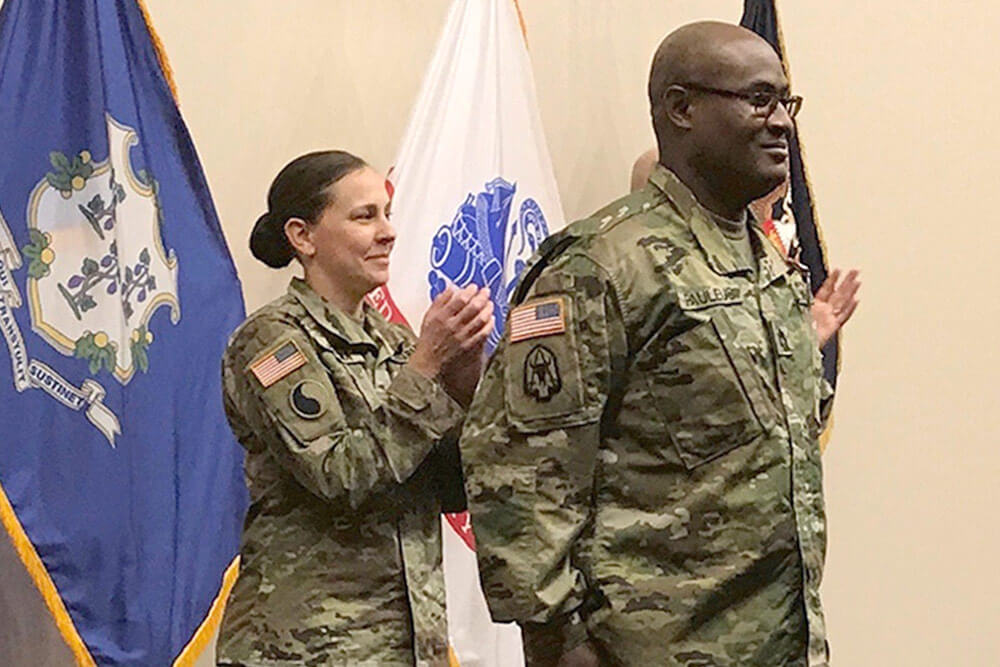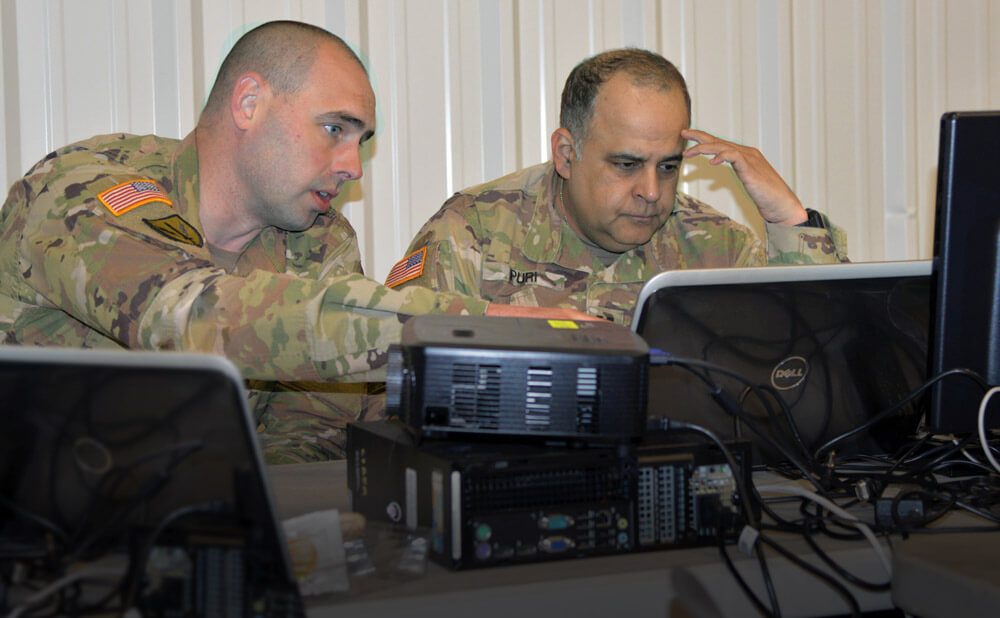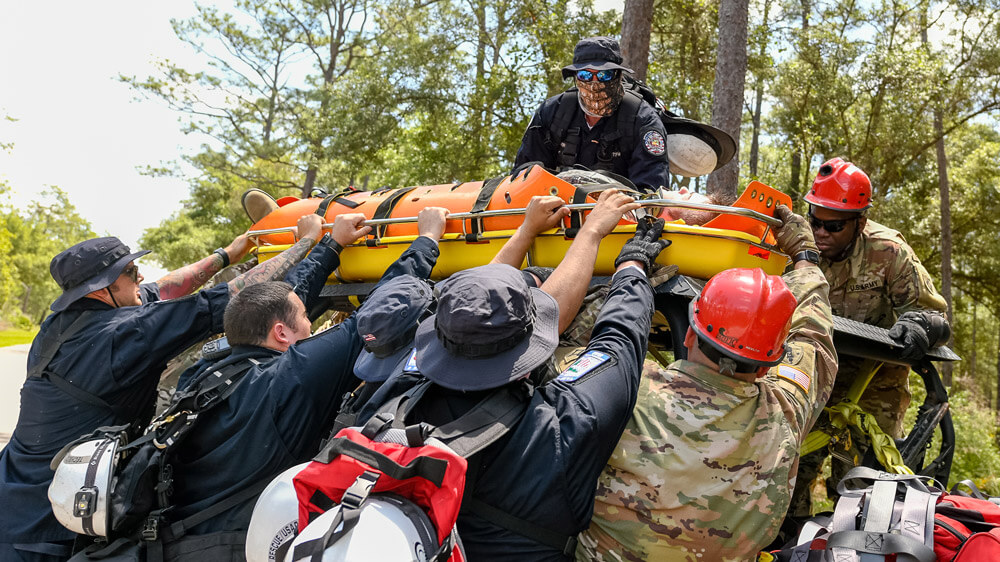WO1 Roberto Pauleus spoke two languages, but neither was English.
Like so many immigrants before him, he came to the United States under the impression that life would be glamorous once he landed on American soil. But WO1 Pauleus quickly found himself on a difficult path, with the realization it would take blood, sweat and tears to make a good life for himself and his family in the United States.
WO1 Pauleus grew up in Gonaives, Haiti. He was a teenager in 1990, when the nation’s first popular vote for president took place. Within a year of Jean-Bertrand Aristide’s election, a military coup led to a repressed nation and had WO1 Pauleus wondering what his future would hold.
“It was like a civil war [in Haiti],” WO1 Pauleus recalled. “People were killing each other. I was still in high school at the time, but the goal was to join the Haitian Military Academy and to become an orthopedist after I graduated high school.”
When Aristide was re-established as the nation’s elected leader in 1994, it was due in no small part to the United States’ involvement, which included American boots on the ground in Haiti. WO1 Pauleus, who was already planning to join the military, saw his goal shift.
“The goal was always to become a Soldier, but when I saw the U.S. Army, I changed my mind [about where to serve],” he said. “When U.S. Soldiers peacefully came to Haiti, and I saw their professionalism, discipline and teamwork, I knew this was an organization I wanted to be a part of. They saved lives. They brought peace to the Haitian people.
“I said to myself, ‘When I come to the U.S., I’m going to become a U.S. Soldier.’”
WO1 Pauleus didn’t come to America directly out of high school. He first studied accounting and supplemented his income by teaching French – in which he was fluent, along with Haitian Creole – and basic computer skills at Success School at Port-au-Prince, Haiti’s capital city.
He returned to his hometown and became an accountant for a conglomerate that owned supermarkets, restaurants and drugstores, but he never forgot his overall goal.
“I wanted to pay back what I felt I owed to the U.S. military,” WO1 Pauleus said. “How they saved lives, how they helped the people there. It was my debt to pay back to the country.”
With a college education, a solid work ethic and an upbringing that toughened him up, he decided in June 2001 to make the move to the United States.
“When I first came [to America], I didn’t speak any English, so all I could really do was wash dishes at a local hotel,” he said. “But I worked my way up and became a line chef supervisor.
“The biggest misconception is that people don’t have to work hard in America,” he added. “I thought I’d be rich in the U.S. The political turmoil in Haiti was constant … and it made me want to leave Haiti, despite having a house, a great job, two cars, a motorcycle.”
WO1 Pauleus joined the Connecticut Army National Guard’s 1048th Medium Truck Company in May 2003 as a motor transport operator. He served the organization full time in a variety of roles in the supply and logistics fields before deciding to take the plunge and attempt to earn a commission as a warrant officer.
In 2005, he became a United States citizen, and he began to forge a promising career.
On Nov. 17, 2017, he officially became WO1 Pauleus, the property book officer for the Connecticut Army National Guard’s 143rd Regional Support Group in Middletown, Connecticut.
WO1 Pauleus didn’t see a future for his children in Haiti. Now, he beams with pride when talking about them. His two boys are in college. One of his daughters was recently married and is working toward her teaching certification. Another daughter recently graduated from Western Connecticut State University, while a third daughter is on track to graduate from the same school next year and a fourth daughter has followed in her father’s footsteps as a unit supply specialist in the Army Reserve.
“We’re looking for her to come to the Guard when her contract is over,” WO1 Pauleus said with a smile.
By MAJ Michael Petersen, Connecticut National Guard



